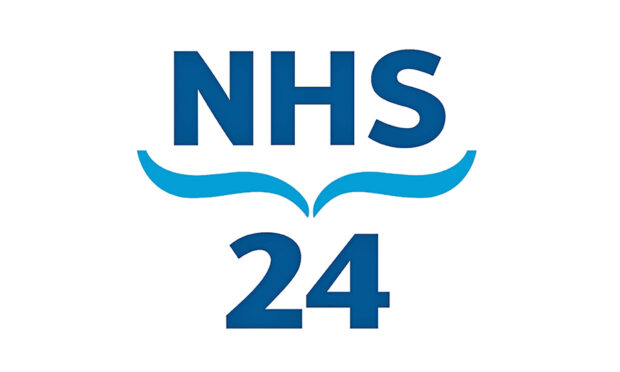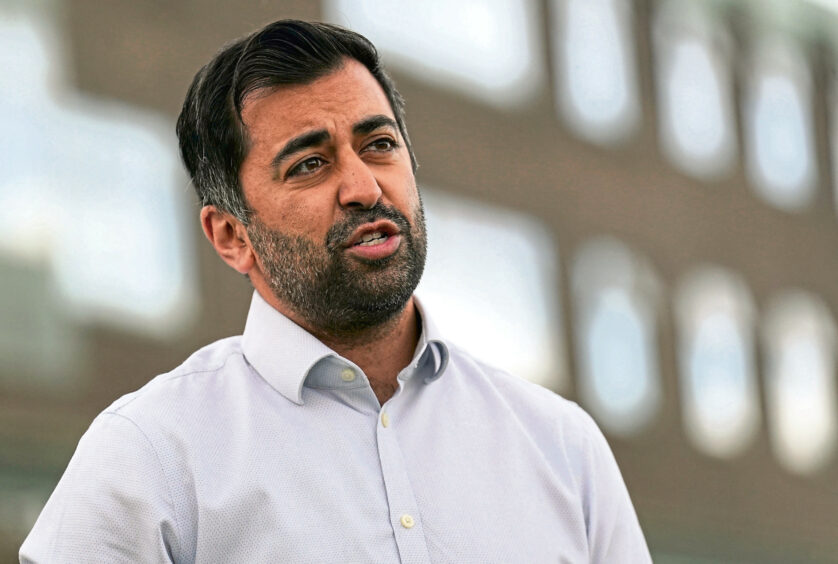
More staff on the NHS24 helpline must be clinically trained, doctors have warned as waiting times for calls to be answered continue to lengthen.
The Royal College of Emergency Medicine said statistics, obtained by The Post and detailing lengthening waits as a quarter of calls to 111 are abandoned, suggested the system was in crisis.
Health Secretary Humza Yousaf opened a new call centre in Dundee in January last year for 140 staff as part of a £20m investment in NHS24 and expanding call-centre capacity. Then, in May, First Minister Nicola Sturgeon opened another new centre in Hillington, near Glasgow, also aimed at increasing capacity.
However, the average wait for a call to be answered was over 20 minutes in October, up from 17mins 30secs in January when the first new call centre opened. The longest average wait was 23mins 57secs in July, two months after the second new call centre opened.
Last week an Inverness mum told how she waited almost nine hours trying to get through to the service on January 2 as her teenage son became increasingly ill with flu, phoning four times – spending two hours each time waiting for her call to be answered before being cut off.
Dr John-Paul Loughrey, vice-president of the Royal College of Emergency Medicine Scotland, said: “The entire urgent and emergency care system in Scotland is in crisis. Unfortunately, that includes huge pressure on services like NHS24.
Triage and assessment through NHS24 can be difficult, requiring skill and experience. We support the government’s decision to expand NHS24 call capacity, but we urge that staff there are given professional clinical training, particularly in triage.”
The NHS24 service provides phone advice 24 hours a day for people who think they need A&E but it is not life-threatening and support when GP practices closed. There are six main contact centres in Scotland and seven local centres in partnership with NHS boards.
The 111 service received just over 1.9 million calls in the past year to October and 461,450 were abandoned, according to figures obtained by the Post following an FoI request.
The statistics also show the average number of calls to NHS24 – 161,000 a month – had not risen dramatically in the past year, with the number rising in winter and falling in summer.
Separate data released by NHS24 in the summer showed some Scots waited more than two hours to get through on busier days.
Labour health spokesperson Jackie Baillie said: “The extra capacity provided by the two new call centres has barely made a dent, and now response times are climbing once again. Extra investment will keep getting wiped out as long as the SNP fails to tackle the wider crisis spiralling out of control in our NHS.”
Pauline Howie, NHS24’s director of service delivery, said: “As with the rest of the NHS in Scotland, NHS24 is experiencing very high call volumes to the 111 service. NHS24 continues to recruit staff across all services to support our callers and two new centres have been opened. We have also expanded ways people can find help with the launch of a new health app called NHS24 Online.
“Continued high demand for the 111 service means, at times, people have experienced a longer wait time for calls to be answered. In the case of an emergency, callers will always be advised to dial 999.
“We also advise people they may be able to get help from their local community pharmacy or via our symptom checkers on NHSinform.scot. NHS24 staff work tirelessly to deliver safe and effective services 24/7 and answer every call as quickly as possible.”
The Scottish Government said: “NHS 24 works hard to ensure calls to its 111 service are answered as quickly and safely as possible. We recognise that some patients have experienced longer wait times than normal, due to increased demand.”

Enjoy the convenience of having The Sunday Post delivered as a digital ePaper straight to your smartphone, tablet or computer.
Subscribe for only £5.49 a month and enjoy all the benefits of the printed paper as a digital replica.
Subscribe © Andrew Milligan/PA Wire
© Andrew Milligan/PA Wire